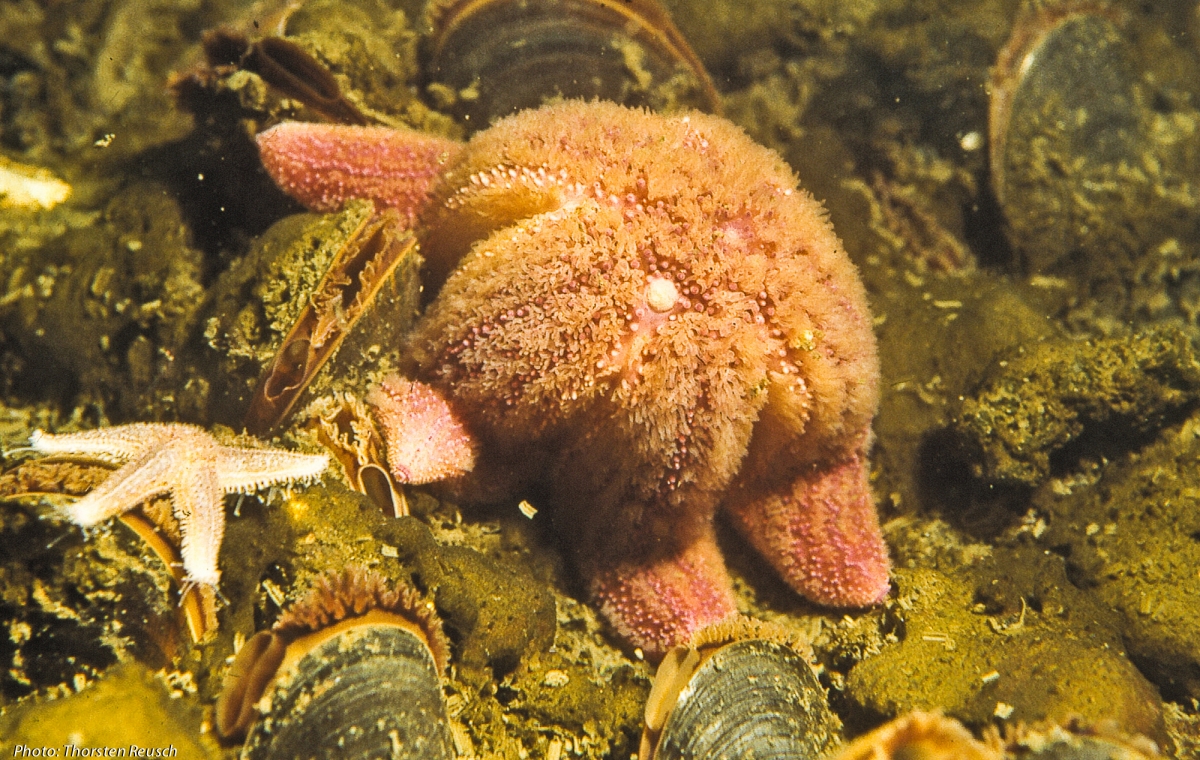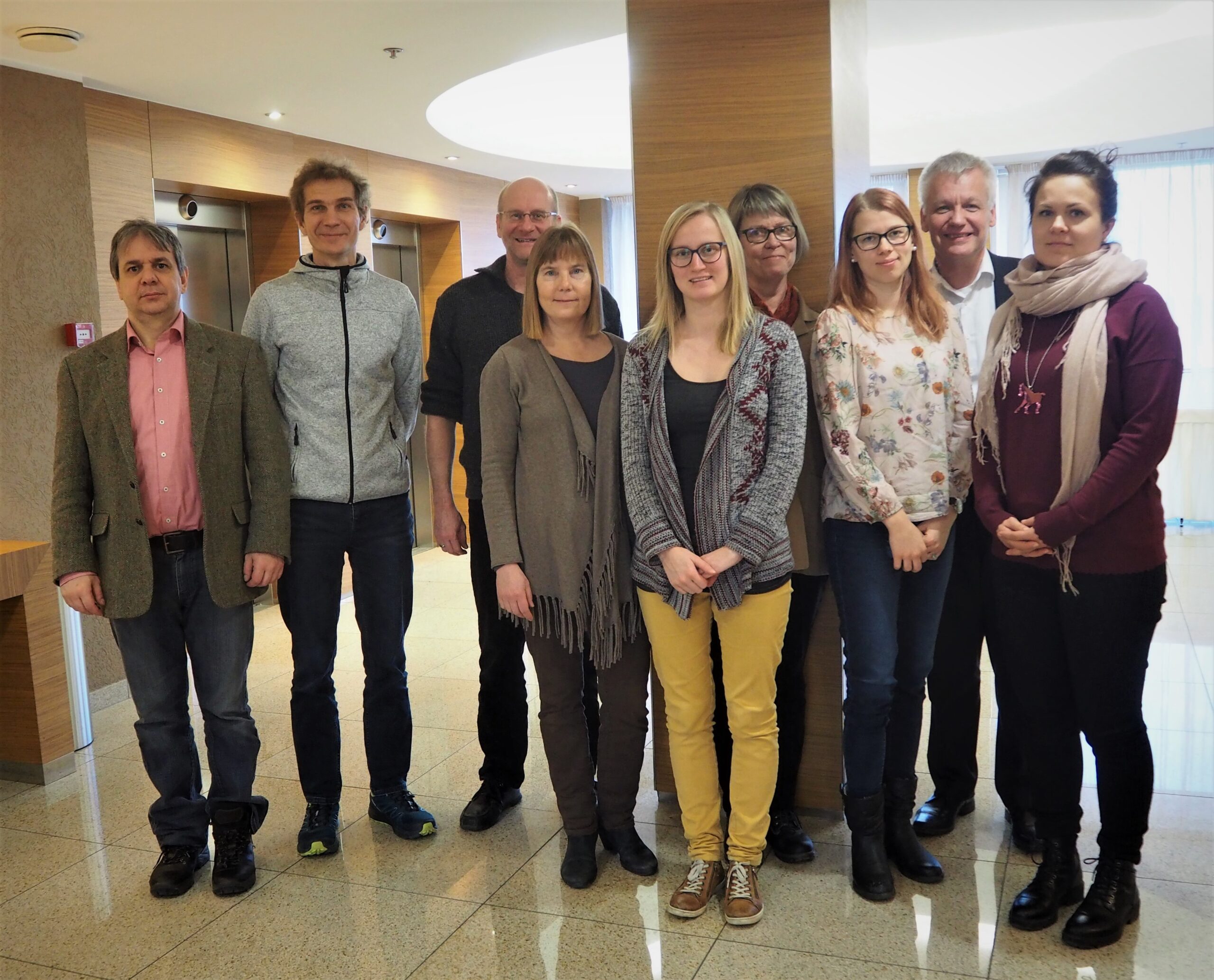
MARES
About MARES
BONUS MARES will set out to identify possible future scenarios of best practices in the knowledge transfer and generate a geospatial tool to represent ecosystem goods and services, as well as their impact on human lifestyles and well-being. This in turn will contribute to efficient and sustainable use of natural resources.
An idea of natural capital has emerged to identify the potential and actual benefits that humans derive from nature. Economic research and various monetary and non-monetary methods have also been developed to reintroduce environmental goods into economic evaluations, generating the concept of ecosystem services. However, the issue is under debate within the scientific community, and a general agreement on the validity of evaluation methods is often missing: not all methods are adequate to evaluate all kinds of environmental goods. Moreover, much about ecological processes and the amount of resources that can be used in a sustainable way is still unknown.
Understanding the interactions between biodiversity, humans and geophysical processes are of primary importance in BONUS MARES: Economics is approached as an open system that is intertwined with other environmental and human systems.
The final goal of the project is to provide an interface that links science to society and policy, and thereby supports policy makers with scientific evidence upon which critical decisions can be made. This way the principle of accountability is adequately implemented.

The BONUS MARES team involves partners form PTT, EMI/UTARTU, GEOMAR and e2 Research. In the picture for the left Project Coordinator Maurizio Sajeva (PTT), Jonne Kotta (EMI), Thorsten Reusch (GEOMAR), Paula Horne (PTT), Melanie Heckwolf (GEOMAR), Kaisa Karttunen (e2), Anneliis Peterson (EMI), Olli-Pekka Ruuskanen (PTT), Anni Savikurki (e2).


